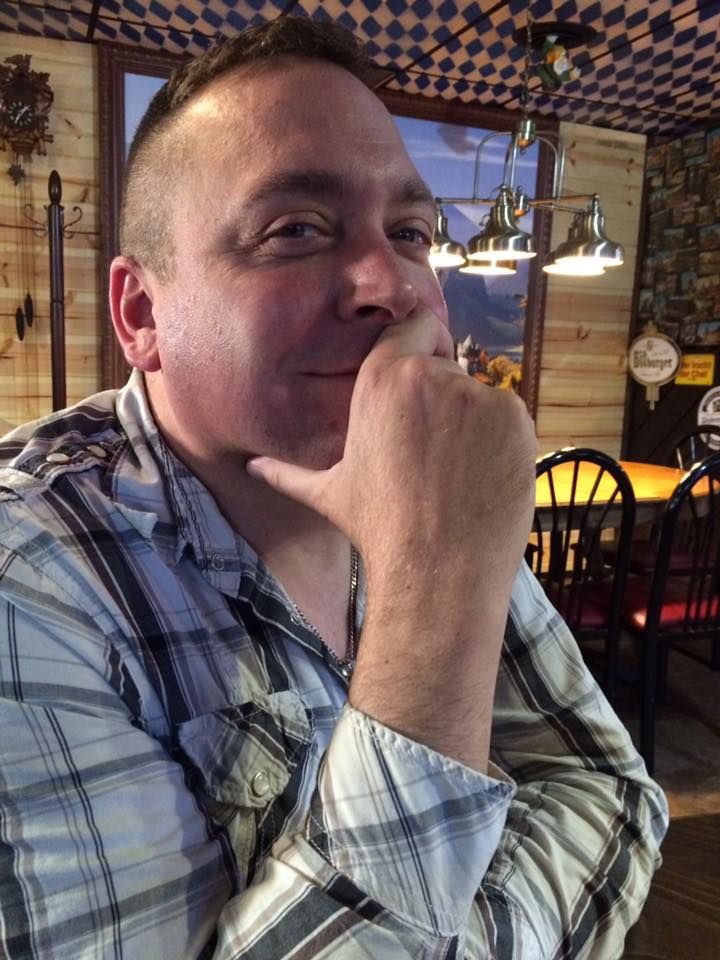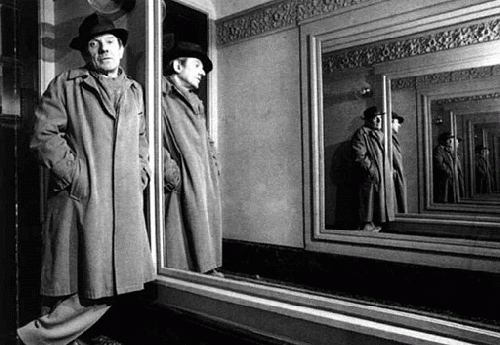I am considered as a once upon a time "whistle-blower", which is defined as, "one who reveals wrongdoing within an organization to the public or to those in positions of authority". I personally don't consider myself a whistle-blower, at times having even hating the term, but I do fill those shoes nonetheless, and have become intimately acquainted with the whistle-blowing experience.
Unfortunately, I was the only military intelligence soldier to cooperate with the investigation into detainee abuse at the Abu Ghraib Prison, known most for scandalous photographs of soldiers abusing detainees during the Iraq War in 2003. This fact was made known to me when the initial classified report was purposely "leaked" to the public. But I didn't decide to go to the media against specific orders until I believed the investigations were deliberately looking in the wrong place, allowing the greater perpetrators and wrongdoing to go, at the very least, unnoticed.
To many people I am a vaunted hero, and others, a treasonous villain. Usually this is determined by what perspective a person has chosen to take beforehand, based on what they may or may not know about what I said, who I spoke to, what I did, and when"as well as political, professional, and personal interests.
As one quickly learns, it becomes quite a complicated web of words, actions, motives, opinions, convictions, and consequences. Another example of what is known in the intelligence field as, "the wilderness of mirrors".
THE GOOD
"The world is a dangerous place, not because of those who do evil, but because of those who look on and do nothing." - Albert Einstein
Conscience -- "the sense or consciousness of the moral goodness or blameworthiness of one's own conduct, intentions, or character together with a feeling of obligation to do right or be good".
One of the main reasons I chose to "blow the whistle", was a matter of conscience. When the exposure from the investigations led to a literal global media scandal, I assumed others more knowledgeable would naturally come forward, no doubt prodded by their own conscience, the fear of getting found out before confessing, or the consequences for withholding testimony. But it wasn't happening...at all. The silence was deafening and maddening.
As the days and weeks intensely rolled by, I had to make a monumental, potentially life changing (and threatening) choice. Either speak up now to someone outside "the system" and risk everything, or keep silent forever.
My initial thoughts were of the accused, that were from my perspective being 'scapegoated' ("one that bears the blame for others"), waiting in their detention, hoping desperately someone like me would come forward in their defense.
More importantly was the weight of knowing that if the wrongs done weren't held accountable in some way, many more innocent Iraqi people would suffer as a result. Several reports found between 70-90% of those detained were later found to be completely innocent, and for most of them, being incarcerated alone meant losing their home, possessions, and even families. A fact I already knew on the ground.
Stopping Wrong and Evil -- The other main reason I chose to willingly disobey the gag order imposed by my superiors, was an effort to, quite frankly, stop the insanity. Obviously the innocent detainees are in mind when I say this, but this also includes the welfare of my fellow soldiers involved in these interrogations, as well as the integrity of our mission itself.
By submitting innocents to "enhanced interrogation techniques" (which some like myself consider forms of torture, such as starvation, sleep deprivation, and sensory manipulation--and this is the mild stuff), we were creating enemies that beforehand did not exist--and for absolutely no credible reason.
THE BAD
"If it will feed nothing else, it will feed my revenge." - William Shakespeare
(Note: You can view every article as one long page if you sign up as an Advocate Member, or higher).






